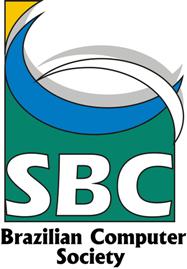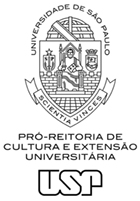SBES - Keynotes
International Keynote 1
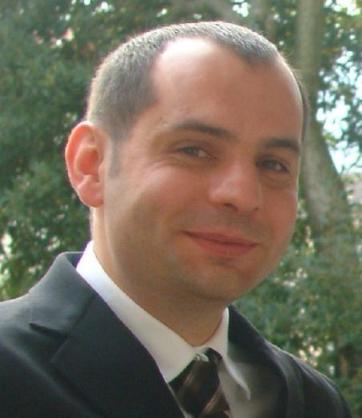
Invited speaker: Michele Lanza (University of Lugano, Switzerland)
Short bio: Michele Lanza is associate professor of the faculty of informatics, which he co-founded in 2004. His dissertation, completed in 2003 at the University of Bern, received the European Denert Award for best PhD thesis... See more details...
Date: Wednesday (Sep 28, 2011)Time: 9:00 - 10:30
Abstract: Software engineering (1968 - 2011) had an amazing life, even though it was rather short.
It was a great friend; the kind of friend that stands by you when you need somebody to be there. It once saved my life. We were both young then and we weren't very close. I was hastily hacking some code when software engineering saw a speeding bug. If it wasn't for software engineering, my program would have died right there. That's how I became close to software engineering, and we have been inseparable ever since. Software engineering was well-loved and it has done so many things on earth and I am sure it will do much more in heaven [or hell]. I will forever be grateful to have known it. All the memories I have shared with it will forever be cherished and remembered. It will forever live in my heart, in our hearts. Don't ever forget software engineering. It never wanted to see people cry. It wanted to make everyone happy. So at this moment when we are about to lay its body to rest, let us all think back and remember how it touched our lives, how it made us laugh. This is not the moment for us to shed our tears but we should all be thankful that we were given the chance to have known software engineering.
The death of software engineering was sudden, but not unexpected. Let me tell you how this all came about...
International Keynote 2
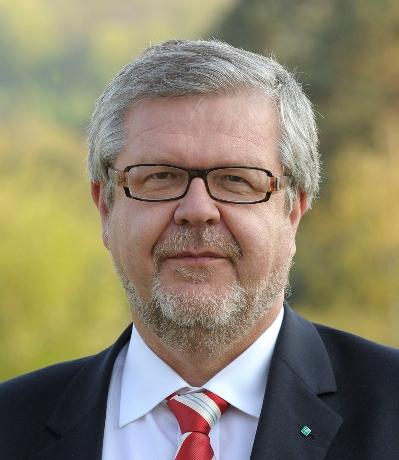
Invited speaker: Dieter Rombach (University of Kaiserslautern & Fraunhofer IESE, Germany)
Short bio: Prof. Dr. H. Dieter Rombach studied mathematics and computer science at the universities of Karlsruhe and Kaiserslautern. Since 1992, he has held the chair for Software Engineering at the University of Kaiserslautern... See more details...
Date: Wednesday (Sep 28, 2011)Time: 16:30 - 18:00
Abstract: Traditional engineering disciplines are guided by physical laws. They provide the constraints for acceptable engineering solutions by enforcing regularity and thereby limiting complexity. Violation of physical laws can be experienced instantly in the lab. Software engineering is not constrained by physical laws. Consequently, we create software artifacts which are too complex to be understood, tested or maintained. As too complex software solutions may work initially, we believe that no laws exist. We only learn about the violation of some form of “cognitive laws” late during development or maintenance, when too high complexity inflicts follow-up defects or increases maintenancecosts. The proposal in this paper is to capture such long-term dependencies as empirical process-product models and thereby make the developers aware of so-called “cognitive laws” that must be adhered to.This paper motivates the need for cognitive laws as equivalents to physical laws in traditional engineering, introduces existing examples, and suggests a community effort to advance the states of research and practice.
Brazilian Keynote
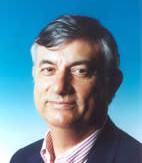
Invited speaker: Daltro Nunes (UFRGS, Brazil)
Short bio: Daltro José Nunes is full professor of Computer Science at Instituto de Informatica - UFRGS... See more details...
Date: Thursday (Sep 29, 2011)Time: 9:00 - 10:30
Abstract: The theoretical foundations of Software Engineering are based on the notion of formal model. The models used in this area describe computational systems, that is, they do not describe only static aspects but also the dynamics or behavior of the systems. Many different kinds of models have been used to build and analyze software systems, describing the system from different points of view and also at different abstraction levels. Like in other Engineering disciplines, models must be precise and unambiguous. This means that, besides using languages with a formally defined syntax to describe software, a precise meaning (formal semantics) must assigned to every construction of these languages. Based on such formal models, it is possible to define methods to build, analyze, transform, compare, and maintain software systems. This talk will focus on how the area of theoretical foundations of Software Engineering evolved in Brazil, discussing also the main Brazilian research groups and their contributions to the state of art in this fundamental area of Software Engineering.
